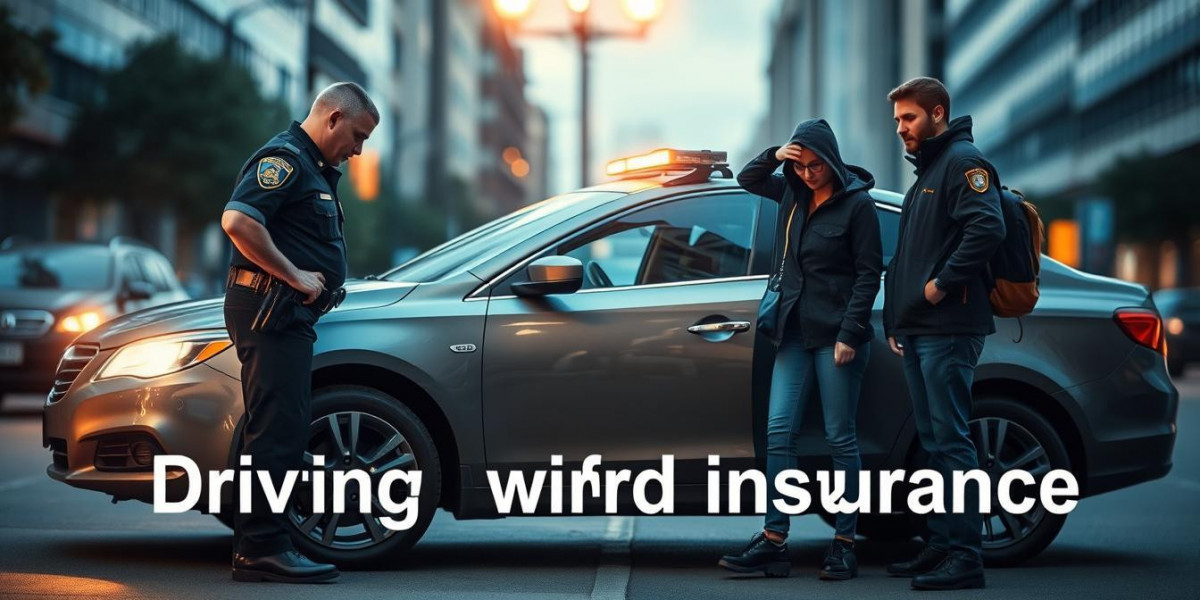Speeding is one of the most common motoring offences in the UK. With an increasing number of vehicles on the roads and stricter enforcement measures, many drivers find themselves facing the consequences of exceeding the speed limit. If you have been caught speeding or are unsure about your rights, understanding the implications and seeking the right legal support is crucial. This article will guide you through the essentials of speeding offences and how speeding solicitors can help you navigate the legal landscape.
What Constitutes a Speeding Offence?
In the UK, speeding is defined as driving at a speed greater than the posted limit. Speed limits vary depending on the type of road and vehicle:
- Motorways: 70 mph for cars and motorcycles; 60 mph for vans and vehicles towing a trailer.
- Dual Carriageways: 70 mph for cars and motorcycles; 60 mph for vans and vehicles towing a trailer.
- Single Carriageways: 60 mph for cars and motorcycles; 50 mph for vans and vehicles towing a trailer.
- Built-Up Areas: 30 mph is the most common limit but can be lower in residential areas.
Understanding these limits is vital. Many drivers mistakenly believe they can exceed the limit slightly without repercussions, but even small violations can result in penalties.
Consequences of Speeding
The consequences of speeding can vary based on how much over the limit you were driving:
- Fixed Penalty Notice (FPN): For minor offences, you may receive an FPN, which typically includes a fine of £100 and 3 penalty points on your licence.
- Speed Awareness Course: If you are caught speeding but have a clean driving record, you may be offered a speed awareness course as an alternative to penalty points. This course aims to educate drivers about safe driving practices.
- Court Summons: For more serious offences, especially those involving excessive speeds, you may receive a court summons. This can lead to larger fines, more penalty points, or even disqualification from driving.
- Totting Up Ban: Accumulating 12 or more penalty points within three years can result in a driving ban, known as the "totting up" system. This can have severe implications for your ability to drive and your employment.
Understanding these potential outcomes can help you take the situation seriously and seek appropriate legal assistance.
How Speeding Solicitors Can Help You
If you have been charged with a speeding offence, engaging with speeding solicitors can make a significant difference in your case. Here’s how they can assist you:
- Legal Advice: Speeding solicitors can provide expert legal advice tailored to your circumstances. They will explain your options and the best course of action to take based on the details of your case.
- Representation: If your case goes to court, having a qualified solicitor represent you can greatly enhance your chances of a favorable outcome. They can present your case effectively, negotiate on your behalf, and challenge the evidence if necessary.
- Plea Bargaining: If you are facing serious penalties, your solicitor can negotiate a plea bargain that may reduce your fines or penalty points. They can highlight mitigating circumstances that may persuade the court to be lenient.
- Defence Strategies: There may be legitimate grounds for your defence, such as incorrect speed measurement, emergency situations, or other factors that could exonerate you. Speeding solicitors can help identify and build these defences.
What to Do If You’re Caught Speeding
If you find yourself facing a speeding charge, here are essential steps to take:
- Stay Calm: Receiving a speeding ticket can be stressful. Take a moment to breathe and assess the situation.
- Gather Information: Collect all relevant details about the incident, including the date, time, location, and any evidence you have, such as photographs or witness statements.
- Consider Legal Help: Contact speeding solicitors as soon as possible. They can offer a consultation to discuss your case and determine the best course of action.
- Respond Promptly: If you receive a Notice of Intended Prosecution (NIP), respond within the given timeframe. Failing to do so can result in additional penalties.
Preventing Future Speeding Offences
The best way to handle a speeding offence is to avoid one altogether. Here are some tips for safer driving:
- Stay Aware of Speed Limits: Always pay attention to posted speed limits. Use your vehicle's speedometer to monitor your speed, especially in unfamiliar areas.
- Use Cruise Control: If your vehicle has cruise control, use it on highways to maintain a consistent speed and avoid unintentional speeding.
- Plan Ahead: Allow extra time for your journey so you won’t feel rushed. Speeding often occurs when drivers are trying to make up for lost time.
- Stay Informed: Keep abreast of local speed limit changes, especially in residential or construction areas where limits may be reduced for safety.
Conclusion: Take Charge of Your Driving Future
Speeding offences can have serious repercussions that affect your driving record, insurance rates, and overall quality of life. Engaging with speeding solicitors is a proactive step towards addressing any charges you may face. They can provide the necessary legal expertise to help you navigate the complexities of the legal system and protect your rights.
Motoring Defence are dedicated to offering you the best support and advice tailored to your needs. If you find yourself dealing with a speeding charge, don’t hesitate to contact us. We’re here to help you understand your options and guide you through every step of the process. Your driving future is important—let us help you safeguard it.









